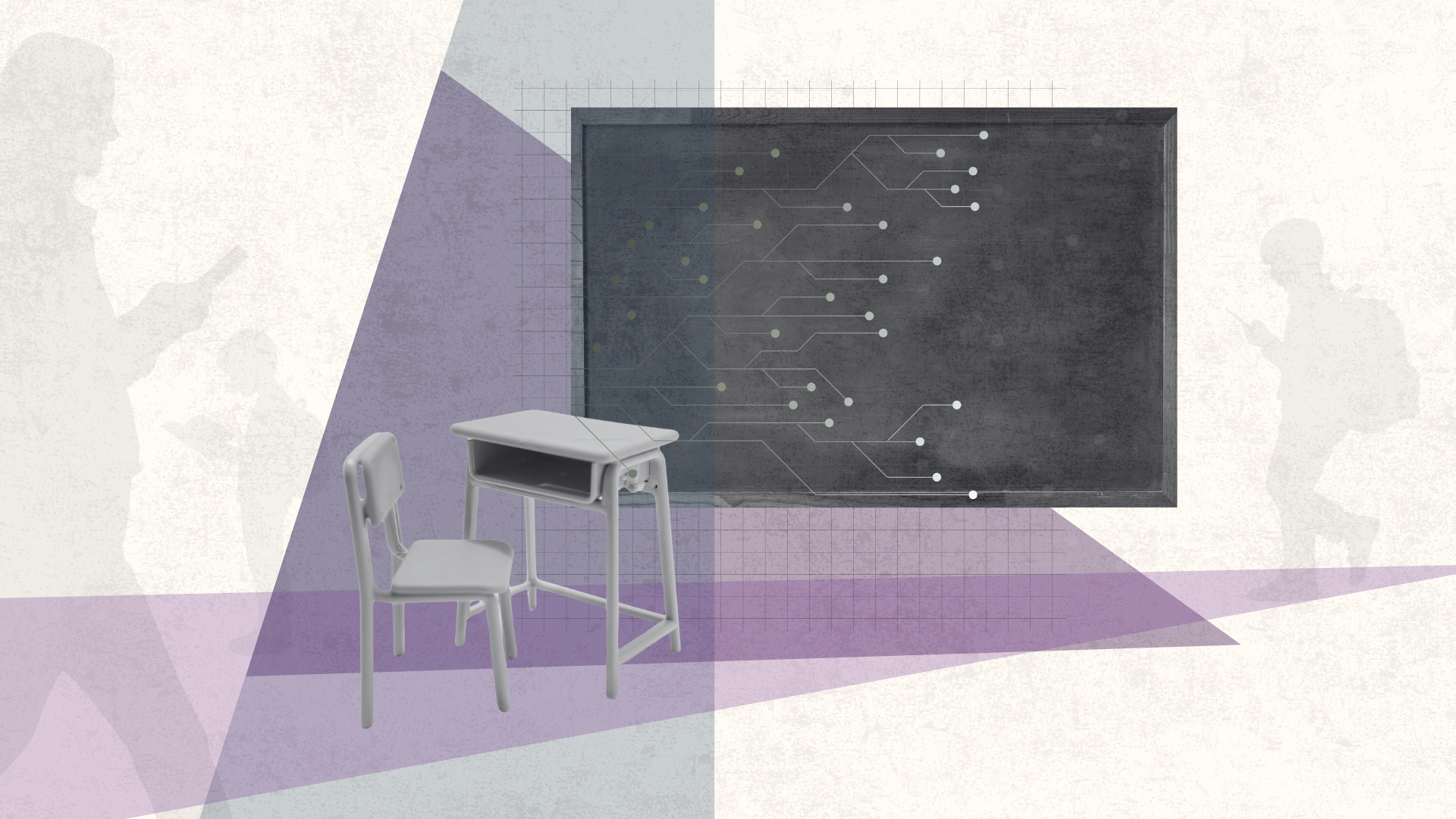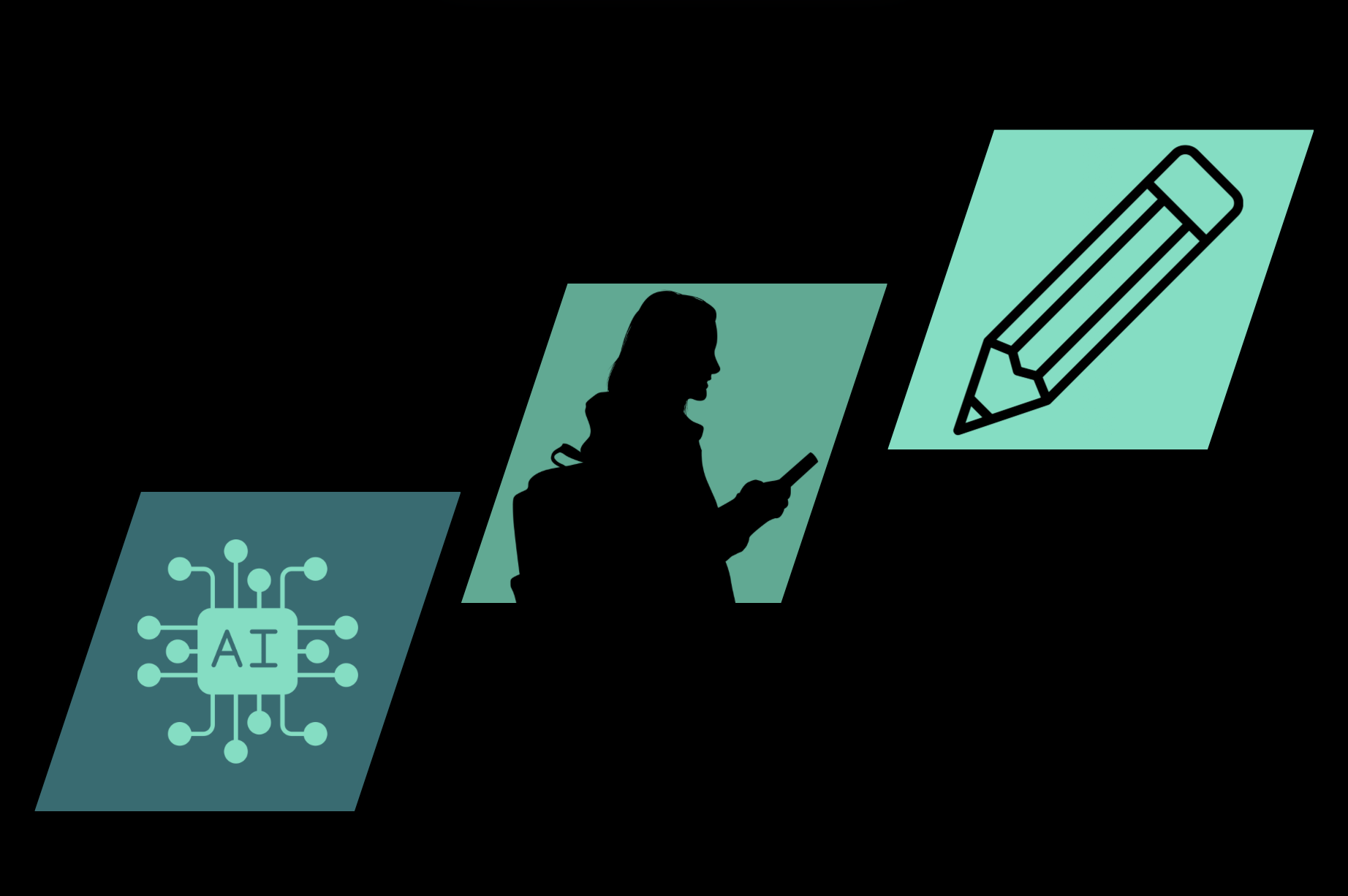#cognitive-development
#cognitive-development
[ follow ]
#executive-function #education #critical-thinking #ai-in-education #large-language-models #bilingualism
fromPsychology Today
1 month agoGrowing Up Anti-Intelligent
Anti-intelligence is not stupidity or some sort of cognitive failure. It's the performance of knowing without understanding. It's language severed from memory, context, and and even intention. It's what large language models (LLMs) do so well. They produce coherent outputs through pattern-matching rather than comprehension. Where human cognition builds meaning through the struggle of thought, anti- intelligence arrives fully formed.
Psychology
fromPsychology Today
2 months agoToys That Teach While Your Child Plays
Finding the right toys for your child can feel overwhelming. With a lot of options online and in stores, how do you know what will truly nurture learning? The best toys do more than keep children busy; they help stimulate brain development, strengthen problem-solving, enhance decision-making, encourage self-regulation skills, support emotional growth, and create beautiful moments with parents. Why Toys Matter for Brain Development Children's brains are surprisingly plastic, especially in the early years.
Parenting
fromPsychology Today
6 months agoAI Always Agrees With Your Kid-That's a Problem
Forty percent of teens trust AI advice without question because AI is programmed to agree and validate. AI validation bypasses cognitive struggles needed for developing critical thinking during brain formation. Parents can counter AI dependency by offering alternative perspectives immediately after AI interactions.
Digital life
fromwww.dw.com
7 months agoClassroom brain training: How it helps and hinders learning DW 07/14/2025
"The challenge is that some children's working memories are limited, and it's a huge bottleneck for learning," said Thomas Perry, a social scientist and education researcher at the University of Warwick, UK.
Education
Parenting
fromPsychology Today
8 months agoCritical Thinking Shapes What We Can Know
Critical thinking profoundly impacts knowledge comprehension.
Changing thinking habits in adulthood is challenging due to established cognitive structures.
Early brain development significantly influences lifelong learning capabilities.
Digital life
fromPsychology Today
8 months agoThe Rise of Homo Idioticus: Are We Getting More Stupid?
IQ scores are declining across generations in developed countries as a measurable trend.
This decline is linked to environmental factors rather than genetic changes.
Modern lifestyle and media consumption habits contribute to cognitive decline.
fromwww.theguardian.com
8 months agoAs the first born, am I the smartest? Maybe but siblings shape us in far more interesting ways | Imogen West-Knights
"Siblings shape you in ways that are less deliberate than parents, which means their influence is less discussed, though just as important."
Parenting
Parenting
fromPsychology Today
9 months agoImitation of Inefficient Tool Use in a Speeded Task
Children's adherence to conventions can lead to overimitation, even of inefficient tools.
A speeded trial showed children less inclined to choose inefficient tools under time pressure.
COVID-19 might have affected how children imitate behaviors, blurring lines between conventional and instrumental learning.
Women in technology
fromPsychology Today
10 months agoWhy ChatGPT Thinks Professors Are Men-and So Do Our Kids
AI reflects existing biases, depicting a male-dominated view of academia and contributing to societal stereotypes.
Gender bias in children's drawing of scientists indicates early cognitive development influences societal expectations.
[ Load more ]



